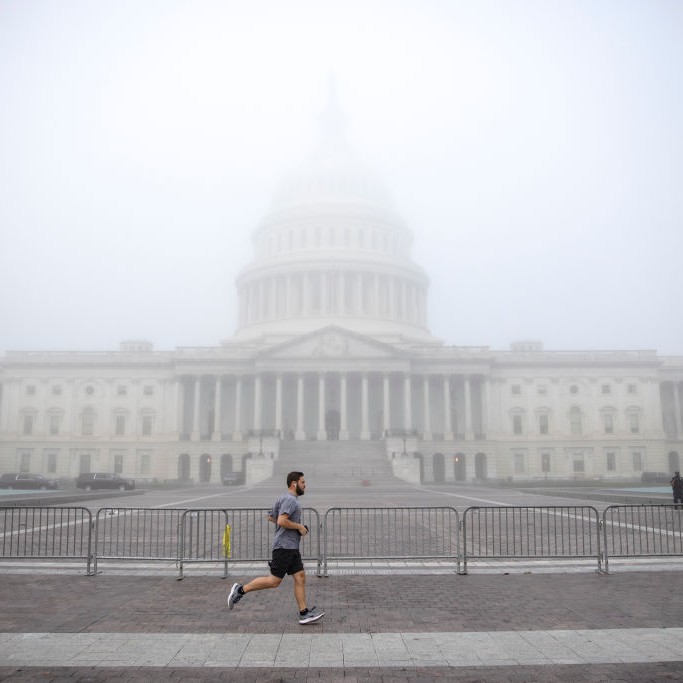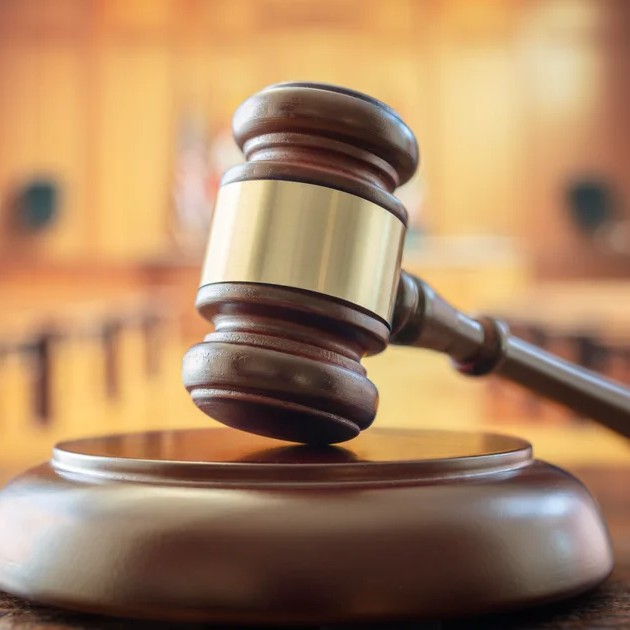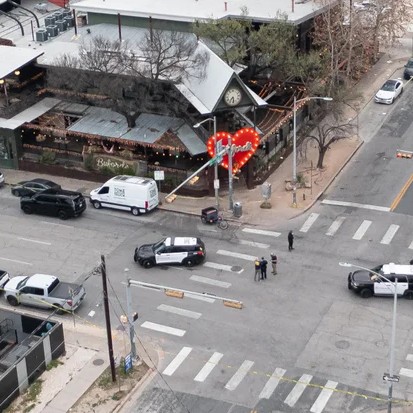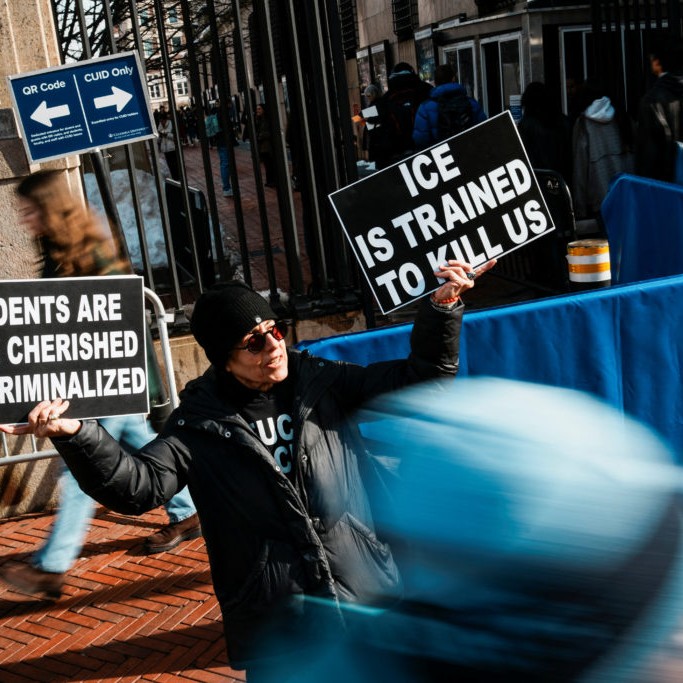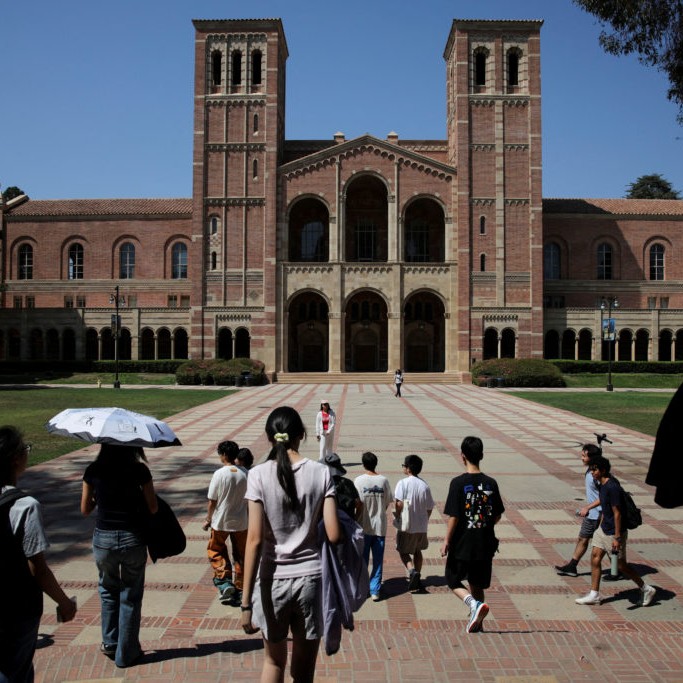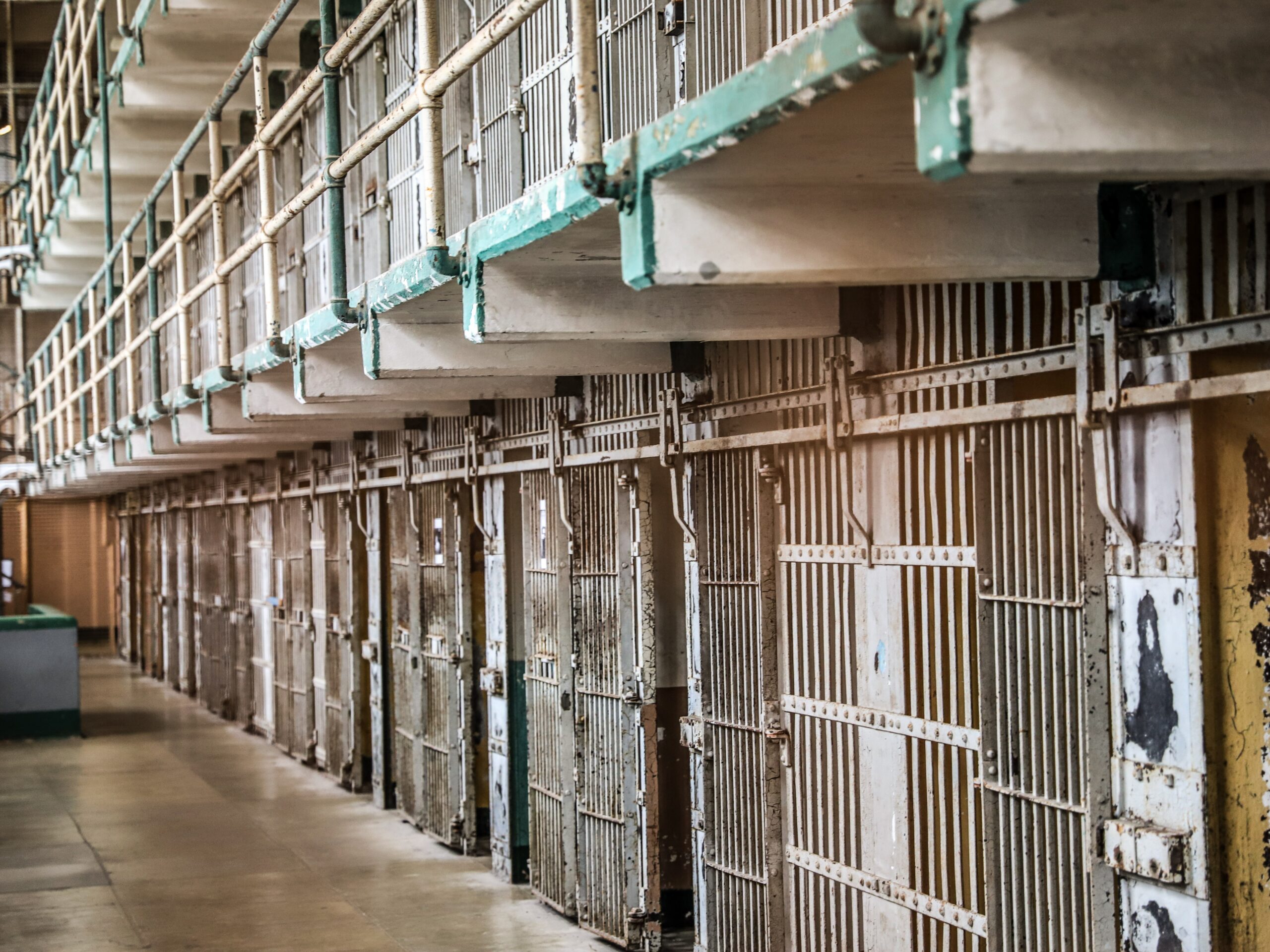
He wants to turn America’s most notorious prison into a real-life island of no return — and he’s dead serious about it. President Donald Trump has just ordered Alcatraz, the legendary island lockup off the coast of San Francisco, to rise from the grave and once again cage the country’s most dangerous criminals. And not just a touch-up — he wants it bigger, badder, and escape-proof.
The directive, announced in a Truth Social post, sent a political shockwave through Washington and California alike. Trump isn’t just proposing a revival of Alcatraz as a symbol — he’s demanding a full rebuild of the prison to isolate what he calls “America’s most ruthless and violent offenders,” as reported by Fox News.
The Island of No Forgiveness
Trump’s announcement came late Sunday, wrapped in all-caps fury and executive bravado. He directed the Bureau of Prisons, Department of Justice, FBI, and Homeland Security to begin planning for a “substantially enlarged and rebuilt,” facility on Alcatraz Island, as reported by Reuters.
Located 1.25 miles off the San Francisco shore, the infamous federal prison originally opened in 1934 and closed in 1963 due to soaring operational costs. It housed some of the country’s most feared criminals, including Al Capone, George “Machine Gun” Kelly, and James “Whitey” Bulger. Now, Trump wants to bring that history back — with modern infrastructure and maximum-security upgrades.
He characterized the new Alcatraz as a solution to crack down on criminal behavior that has become increasingly brazen and frequent in American cities saying, “For too long, America has been plagued by vicious, violent, and repeat Criminal Offenders, the dregs of society, who will never contribute anything other than Misery and Suffering,” as reported by Fox News.
Why Alcatraz — and Why Now?
Trump’s vision for Alcatraz plays into his broader platform of law-and-order politics. By choosing the most iconic prison in U.S. history, the move is as symbolic as it is practical. The island’s infamy, isolation, and dramatic location offer visual impact and immediate public attention. And that, many argue, is part of the point.
But while supporters have praised the initiative as a return to serious crime control, critics say the plan is legally fraught and wildly expensive.
Alcatraz was shut down in 1963 because of its high cost — reported to be nearly triple that of mainland prisons. According to the Federal Bureau of Prisons, the island’s isolation created ongoing issues for supply delivery, staffing, and maintenance, contributing to its closure.
Today, the island is protected by the National Park Service and draws nearly 1.4 million reported visitors each year as one of San Francisco’s top tourist attractions.
Reopening it would mean wrestling it away from the National Park Service and transforming a national historic landmark into a high-security penitentiary — a process that would likely face stiff resistance in court.
Legal Hurdles, Local Backlash
Trump’s proposal has triggered an immediate wave of pushback from California officials and Democratic lawmakers. A spokesperson for Governor Gavin Newsom called it a “distraction,” while state Senator Scott Wiener went further, labeling it a “domestic gulag” and part of Trump’s supposed effort to undermine the rule of law, as reported by POLITICO.
Former House Speaker Nancy Pelosi dismissed the idea entirely, saying Alcatraz is a major national park and that the president’s plan is “not a serious one,” as reported by Reuters.
Converting Alcatraz back into a prison wouldn’t just face local opposition — it would require undoing a web of federal designations, park protections, and tourism infrastructure. That would mean years of litigation, billions in spending, and interagency battles that could make or break the plan.
Spectacle or Strategy?
Trump admitted to reporters that it was “Just an idea I’ve had,” according to Reuters — but now, it’s being pursued at the highest levels of the federal government. The president has long been known for making policy announcements with dramatic flair, and this one is no exception.
But even amid the spectacle, the move taps into a growing appetite among some voters for harsher criminal penalties and more aggressive incarceration tactics. To those frustrated by high crime rates and soft sentencing, a fortified Alcatraz signals that the days of leniency are over.
Still, critics argue that the move is pure performance — a dramatic ploy that ignores systemic reform in favor of political optics. They warn that America is at risk of falling into punitive theatrics instead of solving real problems in the justice system.
What Happens Next?
Right now, Alcatraz remains what it has been for decades — a place where tourists come to take selfies, and schoolchildren learn about the past. Whether it becomes a prison once again will depend on legal feasibility, bureaucratic cooperation, and political will.
But one thing is clear: Trump’s plan has reignited a national debate about justice, safety, and the role of symbolism in American politics.
Whether you’re cheering the law-and-order mentality or fearing the return of fortress-style punishment, Trump’s Alcatraz gambit isn’t just about incarceration — it’s about who gets to define law and order in 2025.
References: Trump Orders Feds to Reopen Alcatraz to House ‘America’s Most Ruthless and Violent’ Criminals | Trump Orders the Reopening of Alcatraz Prison | Trump Seeks to Reopen Alcatraz, Place Tariffs on Movies Made Abroad
